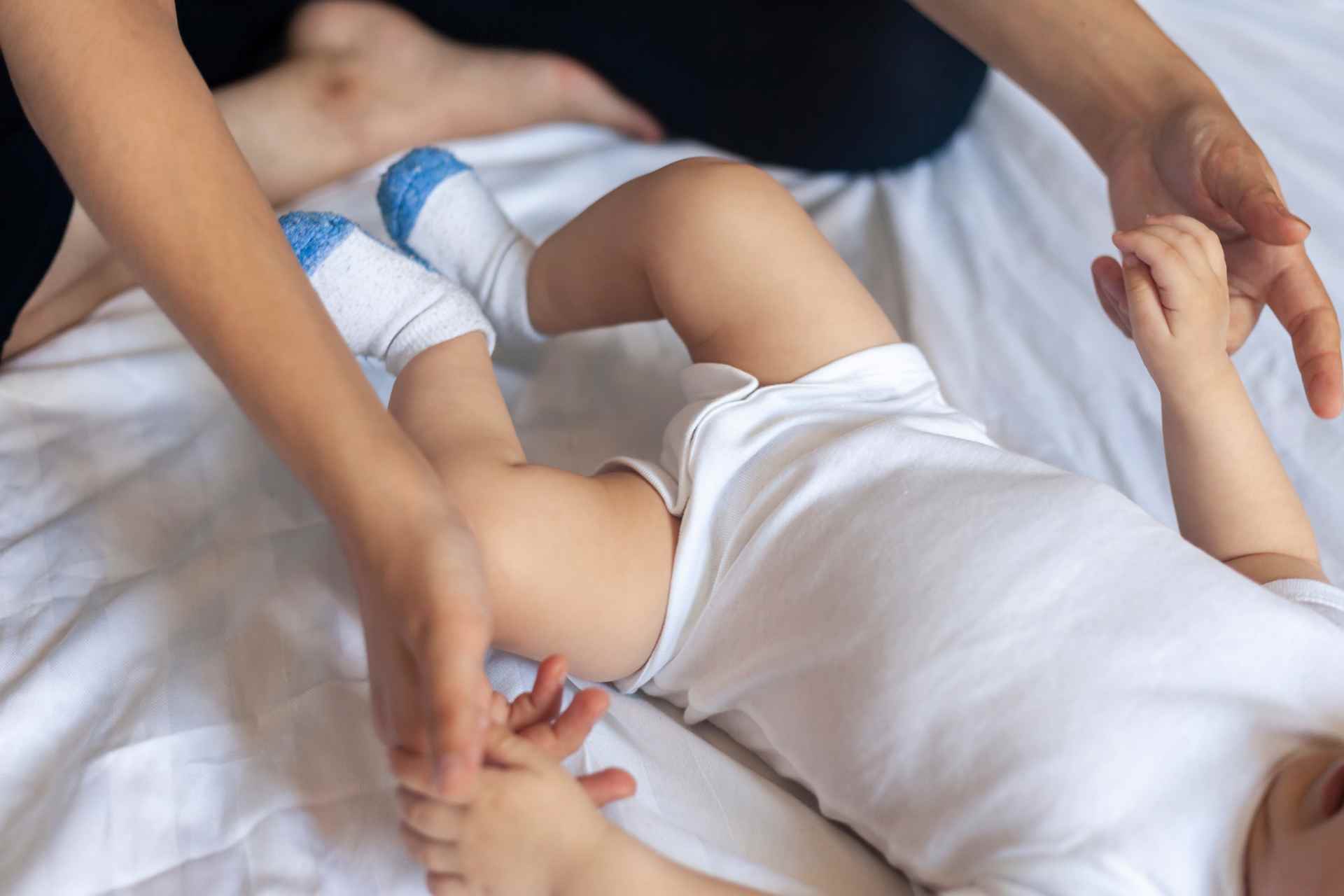What is already known
Social disadvantages and life events that create stress, known as psychosocial stressors, can lead to disparities in access to healthcare, but how these factors — particularly before birth — lead to adverse health outcomes is unclear. The gut microbiota is also shaped by environmental factors, including stress and a poor diet. However, little is known about how psychosocial inequities affect the composition and function of the human gut microbiota.
What this research adds
Researchers analyzed the gut microbiota of infants and mothers, and then calculated their social disadvantages and psychosocial stressors. Gut microbiota composition, in particular four Bifidobacterium species, could predict social disadvantage and psychosocial stressors in the mothers and children. The microbiota of four-month-olds also predicted the mothers’ levels of an immune molecule called IL-6, which has been involved in alterations to brain development during pregnancy.
Conclusions
Microbial differences may help to identify targets that could be modulated to mitigate health inequities.
Social disadvantages and life events that create stress, known as psychosocial stressors, can lead to disparities in access to healthcare, but how these factors — particularly before birth — lead to adverse health outcomes is unclear. New research suggests that social and psychological adversities are linked with variations in the gut microbiotas of mothers and their infants.
The study, published in Nature Communications, identified microbial differences that may be targeted to mitigate health inequities.
Scientists have known that the gut microbiota is shaped by environmental factors, including stress and a poor diet. However, little is known about how psychosocial inequities affect the composition and function of the human gut microbiota.
Barbara Warner at Washington University School of Medicine in St. Louis, Missouri, and her colleagues collected stool samples from 121 infants and their mothers. The participants were part of a larger study aiming to identify how early-life psychosocial adversity and stress can lead to poor neurodevelopmental outcomes.
Psychosocial stress predictors
The researchers calculated social disadvantages and psychosocial stressors for all study participants and then analyzed the composition of their gut microbiotas. Social disadvantages and psychosocial stressors were associated with reduced diversity in the microbial species present in a child’s gut. This observation may be in part explained by the higher frequency of breastfeeding among mothers from lower socio-economic backgrounds, as breastfed infants have lower gut microbiota diversity compared to formula-fed infants.
Social disadvantages and psychosocial stressors were also associated with a lower microbial diversity across mothers and infants, which was likely due to formula-fed infants having a gut microbiota that is more adult-like than that of breast-fed children.
The team identified a set of bacteria whose abundances could predict with about 70% accuracy whether mothers came from a background characterized by high social disadvantages and psychosocial stressors.
Unique features
In mothers, four Bifidobacterium species — B. catenulatum, B. bifidum, B. breve, and B. infantis — were among the top predictors of high social disadvantages, and other two Bifidobacterium species could also predict high psychosocial stressors. An increase of Bifidobacteria has been associated with inflammatory disorders and major depressive disorder, the researchers say.
Among the strongest predictors of high social disadvantages in children were Enterobacter nimipressuralis and Klebsiella pneumonia — two microbes that produce inflammatory molecules. The microbiota of four-month-olds also predicted the mothers’ levels of an immune molecule called IL-6, which has been involved in alterations to brain development during pregnancy.
“The results identify unique features of the maternal and infant [gut microbiotas] in relation to [social disadvantage] and [psychosocial stressors],” the researchers say. However, more work is needed to identify molecular pathways triggered or sustained by the microbiota that may affect child’s health and development.
“The potential malleability of the [gut microbiota] leaves room for optimism that unfavorable neurodevelopment outcomes might not be inevitable in children to mothers who are experiencing high levels of [social disadvantage] and [psychosocial stressors],” the authors say.











